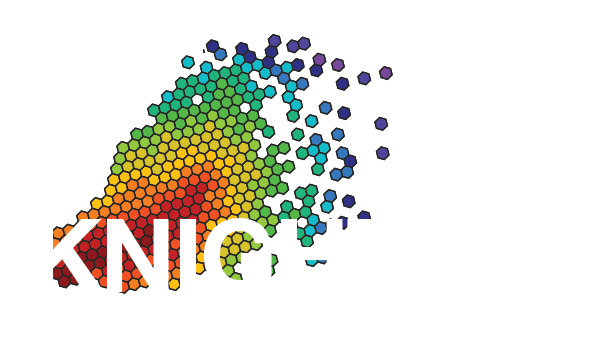Without more samples from people in diverse locales, the full picture of microbes on and in our bodies will remain incomplete, scientists warn
Thousands of studies have linked the trillions of microbes living in and on our bodies to conditions from cancer to autism to depression. But most microbiome samples come from wealthy countries in North America and Europe, a new analysis finds, distorting our understanding of human-microbe interactions.
“There are many ethnic groups and geographical locations that are dramatically underrepresented,” says Rob Knight, a microbiologist at the University of California, San Diego, who was not part of the study. The distribution of samples “speaks to deep inequities in how research is funded and conducted.” A fuller picture of how different microbiomes impact health could aid the development of diagnostics and therapies for specific populations, says Knight, who is working to make microbiome sampling more equitable.
Unlike the human genome, which only varies slightly among individuals, the human microbiome differs radically. Diet, exercise, socioeconomic status, antibiotic use, and even pollution can influence its makeup, with some studies suggesting geography is one of the strongest variables.
Research comparing the gut microbiomes of people from the Amazonas state in rural Venezuela, rural Malawi, and U.S. metropolitan areas shows microbiomes in less industrialized environments are more diverse. Studies have also found that compared with microbiomes in urban populations, those of hunter-gatherers in Tanzania are very dynamic, changing with the seasonal availability of foods.



